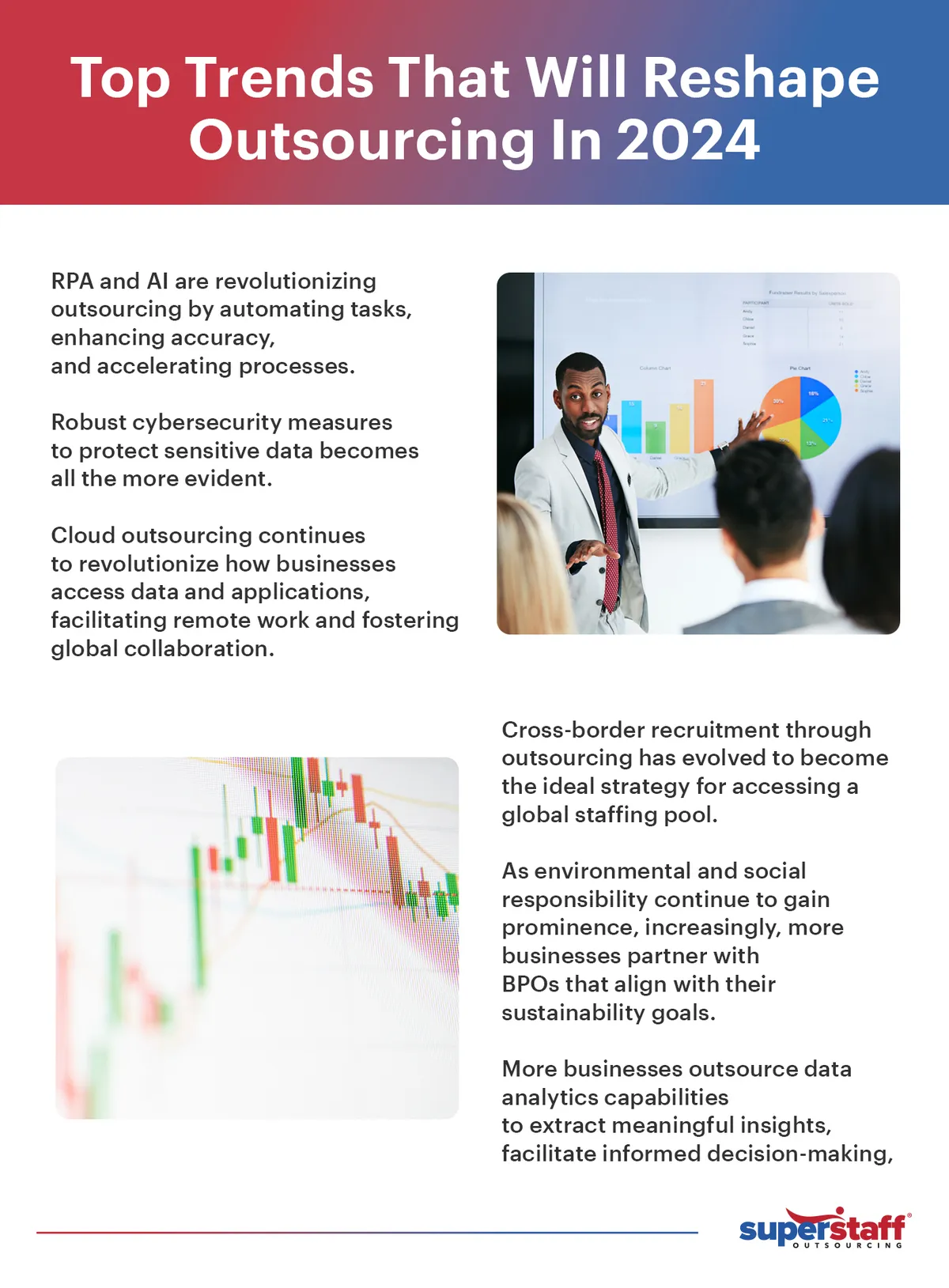Unlock New Possibilities for Remote Professionals Worldwide
Unlock New Possibilities for Remote Professionals Worldwide
Blog Article
How to Develop an Effective Team of Remote Professionals
In today's progressively electronic landscape, the capacity to construct an effective group of remote specialists is important for companies aiming to prosper. Trick components such as defining clear goals, fostering effective interaction, and selecting suitable partnership tools play an essential duty in this procedure. It is the subtler aspects-- like nurturing a cohesive business culture and promoting continuous understanding-- that can truly set a remote group apart. Recognizing just how to integrate these components may increase even more inquiries than answers, specifically when taking into consideration the special difficulties that remote work presents.
Define Clear Objectives and Assumptions
Regularly developing clear goals and assumptions is necessary for the success of a remote team (Remote Professionals). Without these components, team participants might experience complication concerning their functions, responsibilities, and the overall goals of the job. This obscurity can cause reduced productivity, misaligned initiatives, and eventually, task failure
To specify clear objectives, it is essential to utilize the SMART standards-- Particular, Quantifiable, Attainable, Relevant, and Time-bound. This approach makes certain that each objective is well-defined and can be successfully communicated to all group members. In addition, it is very important to align specific goals with the overarching vision of the company, promoting a feeling of function and dedication among staff member.

Foster Effective Interaction

Normal check-ins and group conferences can help keep a solid communication circulation, permitting members to share development updates and talk about any kind of obstacles they may experience. It is also important to recognize that various individuals might have varying communication designs. Understanding and accommodating these distinctions can lead to more meaningful communications and a more natural group dynamic.
Encourage group members to express their ideas succinctly and to seek explanation when needed. By prioritizing efficient communication, remote groups can boost efficiency, enhance connections, and create a much more comprehensive work atmosphere, eventually leading to greater success in attaining common objectives.

Make Use Of the Right Devices
To support reliable interaction within a remote team, it is very important to use the right tools that assist in collaboration and simplify process. The selection of devices can considerably influence efficiency, guaranteeing that staff member continue to be connected and involved in spite of geographical ranges.
Begin by executing task monitoring software application, such as Trello or Asana, to organize tasks, established due dates, and track progress. This promotes liability and offers presence right into each member's payments. In addition, interaction platforms like Slack or Microsoft Teams use instantaneous messaging capacities, enabling real-time conversations and quick decision-making.
Video clip conferencing devices, such as Zoom or Google Meet, are vital for in person interactions, which help construct connection and strengthen connections among staff member. Document sharing and storage services like Google Drive or Dropbox make sure that vital files are available and editable by all team participants, advertising cooperation on tasks.
Integrating these tools successfully produces a setting where remote specialists can grow. By picking the right technology, companies can boost interaction, boost project administration, and eventually accomplish their goals much more effectively.
Develop a Strong Company Culture
Producing a solid firm society within a remote group is necessary for fostering interaction and loyalty among employees. A well-defined society gives a feeling of belonging and shared function, which is important when staff member are distributed across various areas. To grow this culture, leaders ought to establish clear worths and assumptions that reverberate with employees, ensuring that every person comprehends the goal and vision of the company.
Normal communication is crucial in strengthening this culture. Utilizing video phone calls, team meetings, and informal check-ins can aid preserve connections and promote openness. In addition, commemorating success, both little and big, reinforces a society of recognition and gratitude.
Motivating group cooperation with virtual systems not only boosts efficiency but additionally promotes social connections - Remote Professionals. Organizing virtual team-building tasks can even more reinforce bonds his comment is here among staff member, her latest blog making them really feel a lot more integrated into the company
Finally, it's essential to pay attention to worker responses and adapt as required. By showing that their voices issue, leaders can develop trust and commitment, ultimately producing a thriving remote workplace where workers really feel valued and engaged.
Urge Continuous Discovering and Development
A strong firm society lays the groundwork for motivating continuous discovering and growth within a remote team. By promoting a setting that values growth, companies can encourage employees to improve their abilities, adapt to new challenges, and eventually add better to group objectives.
To promote constant understanding, consider carrying out normal training sessions, workshops, and webinars that align try this site with both individual profession objectives and organizational demands. Leverage technology to assist in accessibility to e-learning systems, ensuring that resources are easily available for remote staff member.
Urge expertise sharing by establishing mentorship programs and creating forums for staff members to trade understandings and ideal practices. Recognizing and rewarding staff member that proactively take part in finding out campaigns reinforces the importance of development and motivates others to follow suit.
Furthermore, conducting regular comments sessions can help recognize ability voids and locations for improvement, permitting tailored development plans. By focusing on continual understanding and growth, remote groups can cultivate a culture of resilience, adaptability, and technology, which are crucial for browsing the complexities these days's service landscape.
Final Thought
To conclude, the establishment of an effective remote group rests on the assimilation of clear objectives, effective interaction, proper tools, a robust company society, and constant knowing opportunities. By lining up specific payments with organizational purposes and fostering a setting of openness and cooperation, remote experts can thrive. Remote Professionals. The execution of these techniques not just improves group cohesion yet also drives inspiration, ultimately bring about enhanced efficiency and success in a remote working landscape
It is the subtler facets-- like nurturing a natural company society and advertising constant understanding-- that can truly establish a remote team apart.Efficient interaction is the cornerstone of a growing remote team. By focusing on reliable communication, remote groups can boost performance, enhance partnerships, and develop an extra inclusive job environment, eventually leading to better success in accomplishing usual goals.
Producing a solid company culture within a remote team is crucial for fostering interaction and loyalty among workers.In verdict, the establishment of a successful remote group pivots on the integration of clear goals, efficient interaction, ideal tools, a robust business society, and continual learning chances.
Report this page